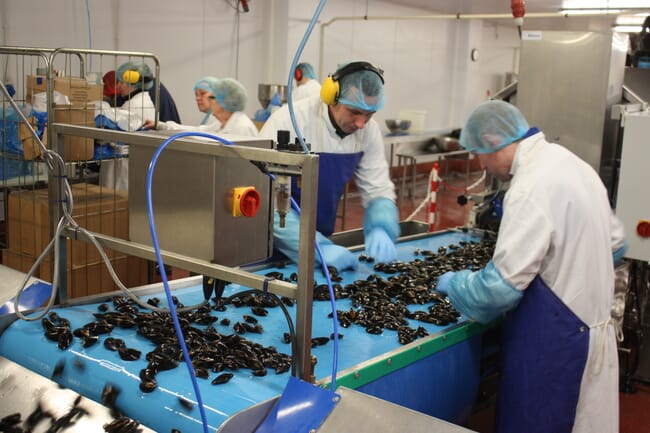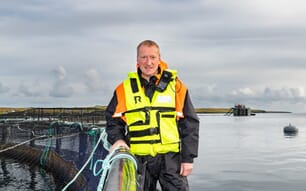The study looked into the employment patterns of non-UK workers across 18 Scottish processors, which represented around 37 percent of the sector’s workforce in 2016.
It found that 86 percent of all employees in the processing sector worked on permanent contracts and of these the majority were from non-UK EEA countries, largely coming from Poland, Lithuania and Latvia. This demonstrates how dependent the sector is on EEA workers.

Previous UK-wide figures from the Seafish Industry Authority estimated 42 percent of the workforce were non-UK EEA nationals. All processors reported they were dependent on lower skilled non-UK EEA workers. However, they also said non-UK EEA employees were skilled for the industry and had the skills and experience to work efficiently and safely.
The processors in the sample highlighted potential labour market impacts from the UK exit from the EU and concerns that it could directly affect their businesses survival.
Rural Economy Secretary Fergus Ewing said: “This study shows how highly dependent the Scottish seafood processing sector is on EEA workers, and raises concerns from processors that Brexit could threaten their businesses’ survival.
“With the majority of EEA employees working on permanent contracts, and likely to be living here on a long-term basis, processors are rightly concerned for the future and the potential loss of skilled and experienced food processing employees.
“This study backs up recent analysis which found EU nationals contribute more than £4.4 billion a year to our economy and shows exactly why we value the contribution they make in our communities. We will continue to show EU nationals that they are welcome here and call for free movement of people which is clearly in the best interests of Scotland and the UK as a whole.”
The most recent figures show the seafood processing sector employed 7,500 people in 2015, and generated £304 million to the Scottish economy.


